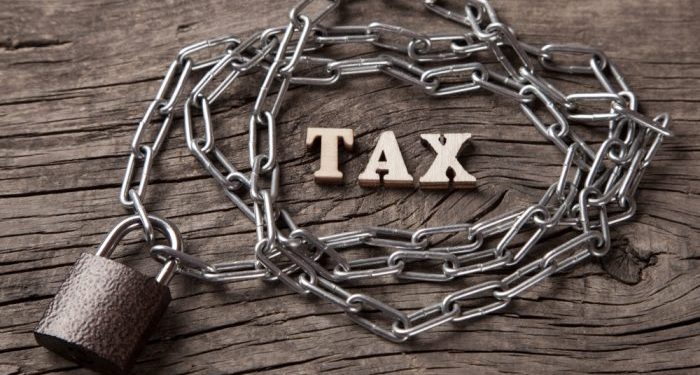Many older workers who have accessed pension savings could be hit with a tax charge if they continue to make AE contributions, as a result of Budget freezes to tax thresholds.
This includes the a freeze to the Money Purchase Annual Allowance (MPAA), which stands at £4,000. This is the maximum that can be contributed to a pension each year once benefits have been taken.
In 2020-21, the marginal rate of income tax was 20 per cent on earnings up to £50,000. This means that someone earning up to this amount could still make the 8 per cent contribution into a workplace pension and be within the £4,000 MPAA limit.
However from the start of this tax year the 20 per cent tax threshold is now £50,279. Anyone earning this amount, and making the 8 per cent contribution would be paying £4,021 into a pension — above the MPAA threshold. Those on higher salaries will also breach this threshold if they do not opt out of AE payments.
In this case the scheme member would face an annual allowance charge on the £21 excess, in effect clawing back tax relief and reducing the tax efficiency of saving into the pension.
Just group communications director Stephen Lowe says: “It is not reasonable for policymakers to expect most people to be aware of and understand the complexities and consequences of the rules which impact their ability to keep saving into a pension.”
He urged those accessing their pension to seek advice so they don’t fall foul of complex tax rules.
“Nearly four in five pensions accessed by those aged 55 plus each year without advice are missing out on the free, independent and impartial guidance they are entitled to from Pension Wise that could help them navigate these complex rules.”
The post MPAA freeze could see tax charges on AE contributions appeared first on Corporate Adviser.



